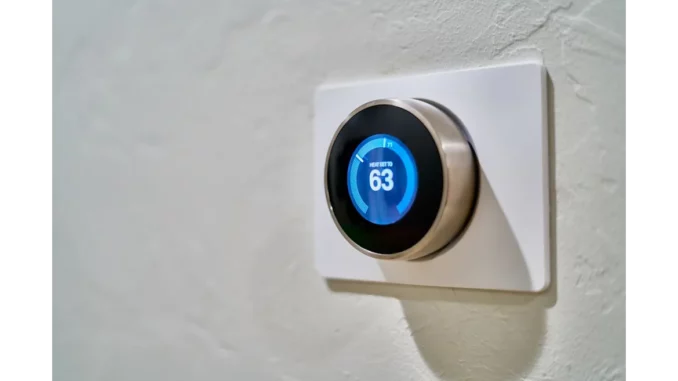
The atmosphere was charged with anticipation as I took my seat opposite Mark Bennett, a senior figure in the Building Controls Industry Association (BCIA). From the outset, Mark’s extensive expertise in building management systems (BMS) and their crucial role in meeting the UK’s Minimum Energy Efficiency Standards (MEES) was unmistakable.
Focus360 Energy: property compliance services – pre-planning to post-construction. Learn more.
Our conversation quickly shifted to the challenges and potential solutions landlords face as the 2030 deadline for MEES compliance approaches. “The pressure on landlords is undeniable,” Mark began, his tone a blend of empathy and determination. “The objective of MEES—to enhance the energy efficiency of our building stock and reduce emissions—is essential, but it presents a formidable challenge for numerous property owners.”
Mark elaborated on the specifics of the requirements: landlords must upgrade domestic properties to an Energy Performance Certificate (EPC) rating of C or above, and commercial properties to a B rating by 2030. This timeline, deferred from an initial 2027 deadline, underscores the government’s commitment to sustainability while highlighting the significant efforts required from landlords. “The costs associated with these upgrades can be overwhelming, particularly for older, less energy-efficient buildings,” Mark noted. “New boilers, insulation, double glazing—the list is extensive, and the financial implications are substantial.” Indeed, data from EG suggests that non-compliant commercial properties could face an annual rent loss of approximately £1.4 billion.
At this juncture, Mark introduced the concept of Building Management Systems (BMS) as a transformative solution. “A modern, intelligent BMS enables landlords to optimise energy use without necessitating major, disruptive renovations,” he explained. “These systems monitor and control heating, cooling, lighting, and ventilation, ensuring energy is used efficiently and only where it’s needed.” The benefits of BMS extend well beyond mere compliance. Mark highlighted features such as occupancy scheduling and predictive maintenance, which not only enhance energy savings but also ensure tenant comfort and functionality. “The data collected by BMS can provide invaluable insights, helping landlords identify further opportunities for improvement,” he added.
The discussion naturally progressed to the financial considerations of installing a BMS. “Understandably, the upfront cost is a concern for many landlords,” Mark acknowledged. “However, the long-term savings and the potential to future-proof buildings make it a sound investment.” He elaborated on the ‘seven-year payback’ exemption to MEES, where landlords are exempt if the cost of recommended improvements doesn’t meet a seven-year payback test. “With an average payback time of 5.8 years, BMS are a quick win for landlords,” Mark asserted confidently.
Mark emphasised that BMS are not merely about compliance but also about creating sustainable, comfortable spaces for tenants. “MEES standards will become more stringent over time. By taking action now, landlords can meet their obligations and provide better environments for their tenants,” he advised. As our discussion drew to a close, Mark spoke passionately about the role of the BCIA in supporting landlords through this transition. “We offer education and training programmes to help property owners understand and integrate modern building automation systems effectively,” he said. “We are also actively working with the government to ensure the building controls sector’s needs are represented in policy development.”
Mark’s insights served as a clarion call to landlords grappling with the pressures of MEES. “Consider the role that building controls can play,” he urged. “It’s a solution that’s beneficial for the environment, advantageous for your tenants, and economically sound in the long run.” His words resonated deeply, encapsulating the essence of our conversation. As the BCIA continues to champion the integration of building controls, landlords have a powerful ally in their journey towards compliance and sustainability.


Be the first to comment